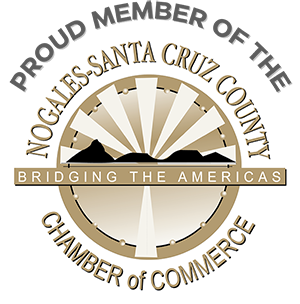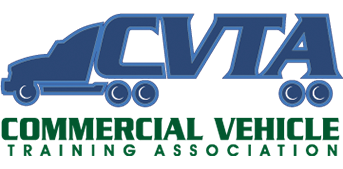Commercial driver’s license (CDL) requirements in the United States are in place to ensure the safety of drivers, passengers, and the general public. To obtain a CDL, truck drivers must first meet all of the necessary requirements. Most of the regulations are standardized on a federal level, but some aspects of the process, such as fees and exemptions, may differ between states.
Federal CDL Requirements
At the federal level, the Commercial Motor Vehicle Safety Act of 1986 established minimum standards for CDLs. Truck drivers in all states must adhere to these standards, including meeting the minimum age, completing the required testing, and passing a physical examination.
Age
The minimum age to obtain an interstate CDL is 21. However, some states allow intrastate CDL drivers as young as 16 with certain restrictions.
Testing
CDL drivers must take a written and road skills test before obtaining a CDL. The written test covers knowledge of traffic laws and safe driving practice, while the road skills test covers pre-trip vehicle inspections, basic control skills, and on-road driving. Drivers may also be required to take tests related to the type of vehicle they will be operating, such as tanker vehicles or double/triple trailers.
DOT Physical
Drivers must also pass a physical exam conducted by a medical examiner to ensure they are physically fit to operate a commercial vehicle. Some aspects of the exam include sight, hearing, blood pressure, and blood sugar tests.
State CDL Requirements
While all states must adhere to the federal CDL requirements, some may add additional requirements. The associated fees and exemptions are two aspects of obtaining a CDL that can be state-specific.
Fees
One aspect of obtaining a CDL that differs from state to state is the associated fees. Each state has its own fee structure for obtaining a CDL. The fees typically include the cost of the written and road tests, as well as any additional tests or certifications.
Exemptions
Another aspect of earning a CDL that may differ among states is exemptions. Military personnel with a current license or who were employed within the last 90 days operating a military motor vehicle equivalent to a commercial motor vehicle (CML) can apply for a CDL skills test waiver. In addition, firefighters, emergency response vehicle drivers, farmers, and drivers removing snow and ice in small communities can be exempted from CDL requirements at the state’s discretion.
Other Laws and Regulations
Professional truck drivers can’t hold a CDL in more than one state at once. If a trucker is moving to a new state, they must obtain a new license within 30 to 60 days of becoming a resident or before their current license expires.
Arizona CDL Requirements
Adhering to the federal requirements, drivers in Arizona must pass both a written knowledge and skills test to obtain a CDL. Once they pass these requirements, they must complete a physical exam, fill out an application, provide proof of identity, and pay the license fee.
Earn Your CDL in Arizona Today
HDS Truck Driving Institute (HDS truck driving school) will give you the tools necessary to obtain your Arizona CDL. Our accredited truck driving school provides you with all the resources and tools you need to be successful on the open road and beyond.
Contact one of our advisors to take the first step toward becoming a professional truck driver today.








